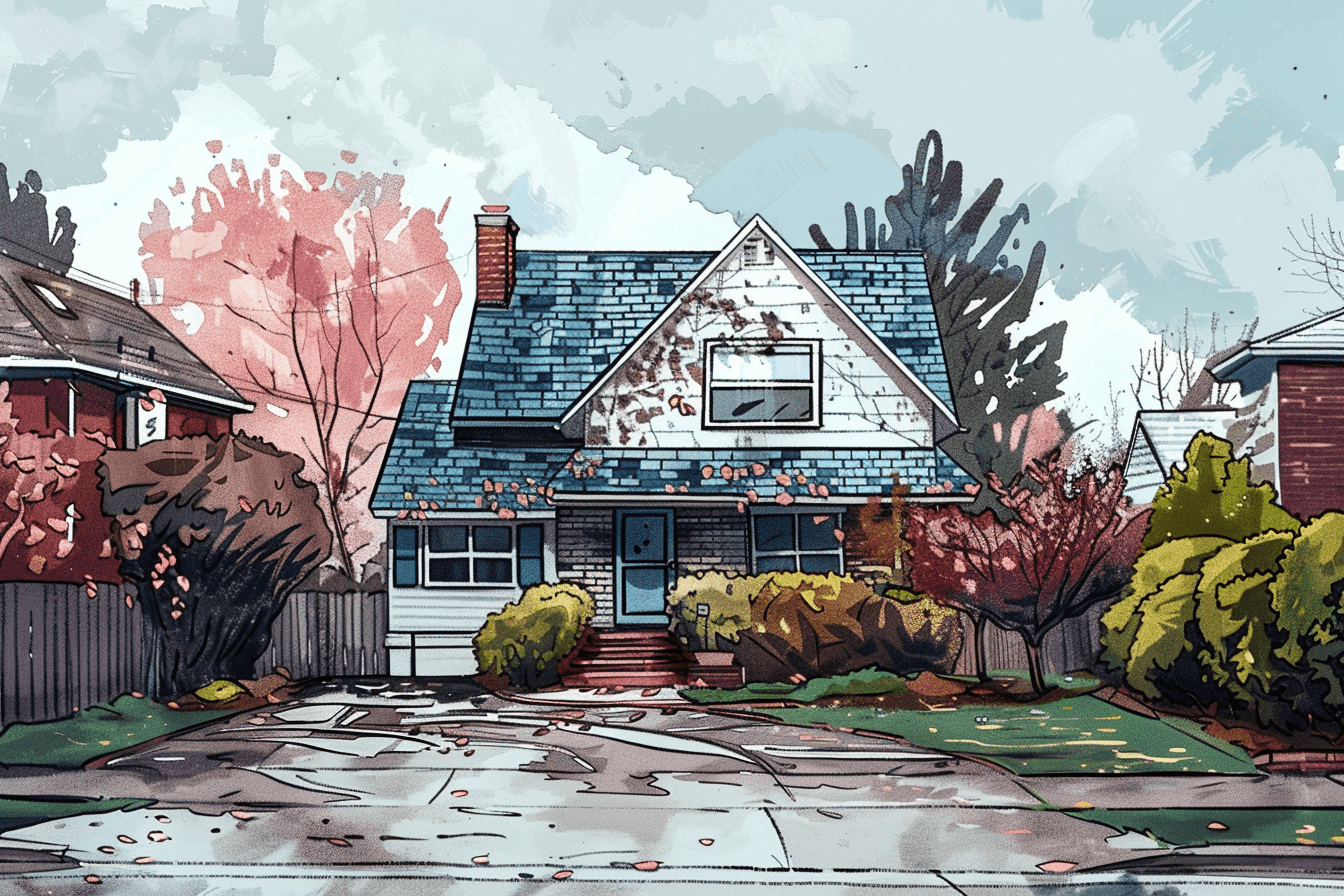Many people are subject to creditor collection and harassment before filing bankruptcy, and in many cases, the creditors’ collection efforts drive people to bankruptcy. The interaction between you and your unsecured creditors will change once you have retained an attorney to file a Chapter 7 bankruptcy.
What to Do About Creditors
Do not use any of your credit cards after you have decided to file bankruptcy or have retained an attorney to file bankruptcy on your behalf. If you have credit card charges or cash advances in the months preceding your bankruptcy filing the creditor may file an adversary complaint alleging that you incurred recent charges with fraudulent intent and without the intent and ability to repay the debt. Such recent and abusive credit card debts may not be discharged in your Chapter 7 bankruptcy.
You are required to list all creditors in your bankruptcy petition including your mortgage company and auto loan or lease company. You cannot pick and choose the creditors you list on your bankruptcy schedules, and you should include creditors who have either written off, charged off, or sold your debt to a collection agency or debt buyer. You should also provide the name and address of any creditor’s representative (attorney or debt collector).
You are also required to obtain a recent credit report and furnish a copy to your bankruptcy attorney before filing bankruptcy. You are entitled to a free credit report from the reporting agency if you have recently been denied credit. Instructions for obtaining this report should be on the letter you received denying creditor. Federal law gives you the right to obtain a free credit report once a year at www.annualcreditreport.com.
How Long Does It Take for Creditors to be Notified of Bankruptcy?
Once a person files bankruptcy, the court will notify the creditors of the creditor’s meeting within 3-5 days. The creditor’s meeting provides the first opportunity for a creditor to ask questions to the debtor under oath about the debtor’s financial condition. Other proceedings are later available should the creditor have additional questions.
Unfair Debt Collection
The Federal Fair Debt Collection Practices Act prohibits unfair collection of consumer debts. you may be able to recover damages if you can prove that your creditors intentionally and repeatedly violated the Act before or after you retained your bankruptcy attorney. The following is a summary of a few prohibited debt collection practices:
- Calling you before 8 a.m. or after 9 p.m. local time.
- Contacting you directly after you told the creditor you retained an attorney to represent you.
- Telling your employer or co‑worker that you owe money to the creditor.
- Calling you at work after you have told them not to.
- Intentional and continuous harassment or abuse in connection with a debt.
- A creditor’s representative falsely representing that they are an attorney when in fact they are not licensed to practice law.
- Threatening you with arrest or imprisonment for failing to pay a debt.
- Communicating with anyone other than you or your spouse about your debt.
Debt collection laws are complicated, and your right to recovery will depend on your specific facts and evidence. Contact your bankruptcy attorney if you believe you can prove one of your creditors intentionally and repeatedly engaged in unfair collection practices. A copy of the complete Act is available at www.ftc.gov under Consumer Information.

Should You Tell Creditors You Are Filing Bankruptcy?
You may be wondering whether you should tell creditors you are filing bankruptcy or how creditors are notified of bankruptcy once you file.
In most cases, there is no reason to let a creditor know in advance that you will be filing bankruptcy. Approximately one week after your case has been filed, the Court mails the “341 Notice” to you, your creditors, and other interested parties.
If a creditor contacts you after you have received your copy of the 341 notice, advise them that you have filed bankruptcy, give them your case number, and ask that they no longer contact you. If you receive any bills or statements from a creditor after filing, you should mail a copy of the 341 Notice to the creditor with a copy of the bill.
If a creditor continues to contact you (either by phone or in writing) after you have advised them of your bankruptcy case number and filing date, make a record of the creditor’s contact including, if possible, the name of the person contacting you, and dates and times of contacts. You may want to keep a log of unauthorized creditor contacts after your bankruptcy filing. If you have a written log or other evidence that a particular creditor has contacted you repeatedly after notification, you should call your attorney for assistance.
Repairing Your Credit Score After Bankruptcy
While most bankruptcy clients promise themselves they will never have or use a credit card again, some consider keeping at least one card for convenience or emergencies after their bankruptcy is over. Most people receive unsolicited credit card offers soon after they receive their bankruptcy discharge. Bankruptcy debtors receive new cards because they are a better credit risk after wiping out their debts in bankruptcy than when they owed money to many creditors. In addition, a debtor cannot file bankruptcy against newly issued credit cards for at least eight years. For many people, bankruptcy makes it easier, not harder, to get new credit cards.
You may be able to qualify for some basic consumer loans as soon as you receive your discharge, although at a higher interest rate. Most lenders state that it takes no more than four years to reestablish a normal credit rating, provided you have sufficient income and timely pay your current debts. Most people can purchase cars and homes with normal interest rates and terms within four years of their bankruptcy discharge.
In the past, bankruptcy destroyed people’s credit. Banks used to believe that personal bankruptcy was a stigma on credit that a debtor could not overcome. Today, so many people have filed for bankruptcy that banks cannot ignore this large market of potential customers. While no one plans to file bankruptcy, the effect of filing today is not nearly as bad as your creditors would like you to believe.
Your credit score is not a legal issue. There are no bankruptcy laws or rules concerning how a debtor recovers their credit rating after filing bankruptcy. Your bankruptcy attorney may have an opinion about credit repair based on their clients’ experience. Your bankruptcy attorney probably has no direct professional knowledge about how banks score credit ratings of bankruptcy debtors.
Sign up for the latest information.
Get regular updates from our blog, where we discuss asset protection techniques and answer common questions.









